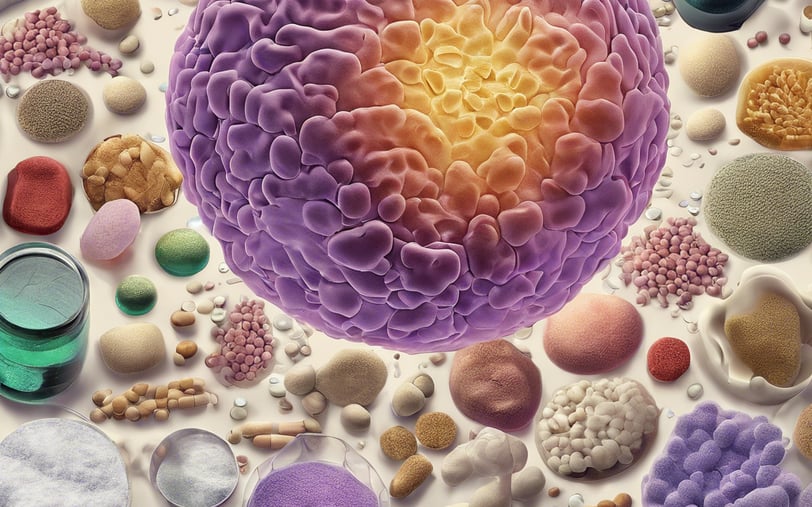ANTI -CANCER MEDICINES
PRODUCT


When it comes to combating cancer, medical science has made significant advancements in the form of anti-cancer medicine. These medications play a crucial role in the treatment and management of various types of cancer. In this article, we will explore the use, types, and some popular examples of anti-cancer medicine.
Use of Anti-Cancer Medicine
Anti-cancer medicine, also known as chemotherapy drugs or anticancer agents, are designed to target and destroy cancer cells in the body. These medications work by interfering with the growth and division of cancer cells, ultimately leading to their death. Anti-cancer medicine can be used in various ways:
- Curative Treatment: Anti-cancer medicine can be used as the primary treatment for cancer, aiming to eliminate the disease completely.
- Adjuvant Therapy: After surgery or radiation therapy, anti-cancer medicine may be prescribed to destroy any remaining cancer cells and reduce the risk of recurrence.
- Palliative Care: In advanced stages of cancer, anti-cancer medicine can help manage symptoms, relieve pain, and improve the quality of life.
Types of Anti-Cancer Medicine
There are several types of anti-cancer medicine, each with its unique mechanism of action and specific uses. The most common types include:
- Cytotoxic Drugs: These medications directly target and kill cancer cells. They work by damaging the DNA or interfering with the cell division process. Examples include methotrexate, cisplatin, and doxorubicin.
- Hormone Therapy: Hormone therapy is used for cancers that are hormone-sensitive, such as breast and prostate cancer. It works by blocking or reducing the production of hormones that promote cancer growth. Tamoxifen and letrozole are examples of hormone therapy drugs.
- Targeted Therapy: Unlike traditional chemotherapy, targeted therapy drugs specifically target certain molecules or pathways involved in cancer growth. They are designed to inhibit the growth and spread of cancer cells while minimizing damage to healthy cells. Examples include trastuzumab for HER2-positive breast cancer and imatinib for chronic myeloid leukemia.
- Immunotherapy: Immunotherapy drugs stimulate the body's immune system to recognize and attack cancer cells. They can enhance the immune response and block proteins that inhibit the immune system's ability to fight cancer. Keytruda and Opdivo are examples of immunotherapy drugs.
Popular Anti-Cancer Medicine
Here are some popular anti-cancer medicines widely used in the treatment of various types of cancer:
- Paclitaxel (Taxol): Used for breast, ovarian, and lung cancers.
- Rituximab (Rituxan): Used for non-Hodgkin's lymphoma and chronic lymphocytic leukemia.
- Trastuzumab (Herceptin): Used for HER2-positive breast cancer.
- Imatinib (Gleevec): Used for chronic myeloid leukemia and gastrointestinal stromal tumors.
- Cisplatin: Used for testicular, ovarian, bladder, and lung cancers.
It is important to note that the use of anti-cancer medicine should always be under the guidance and supervision of a qualified medical professional. The choice of medication depends on various factors, including the type and stage of cancer, overall health, and individual patient characteristics.
In conclusion, anti-cancer medicine plays a crucial role in the treatment and management of cancer. These medications are used for curative treatment, adjuvant therapy, and palliative care. There are different types of anti-cancer medicine, including cytotoxic drugs, hormone therapy, targeted therapy, and immunotherapy. Some popular examples of anti-cancer medicine include paclitaxel, rituximab, trastuzumab, imatinib, and cisplatin. It is essential to consult with a healthcare professional to determine the most suitable treatment approach for individual cases.
